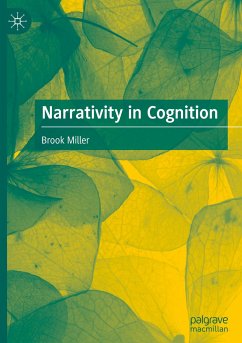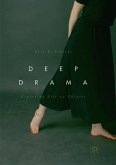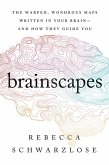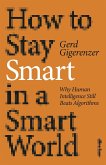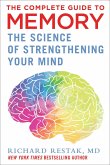This book offers a novel theory of the roles narrative plays in cognition by arguing that we can develop rich interdisciplinary research by thinking of narrative as a form of processing. Narrative processing describes a mode of anticipating, organizing, and simulating experience that is provisional, ongoing, and deeply integrated into how we make sense of what happens and how we figure ourselves into it. Accounts of narrative differ widely between cognitive psychology, contemporary philosophy, and literary studies. As a result, it is difficult to reconcile research about narrative from these disciplines. Yet the questions at stake in this research are often profound. For example, how are experiences organized into meaningful sequences? How do the rich and complex features of a 'life narrative' emerge from the ways experience is processed in perception, working memory, and other components of present cognition?
The model of narrative processing proposed in this book complements several influential, emerging theories of cognition, including predictive processing, emotion as a component to cognition, and ecological theories of cognition. The book argues that the role of narrative in higher-order cognition is reciprocally related to the emergent narrative features of lower-order cognition. In doing so, it provides a coherent concept of narrative with the potential to inform research in various disciplines.
The model of narrative processing proposed in this book complements several influential, emerging theories of cognition, including predictive processing, emotion as a component to cognition, and ecological theories of cognition. The book argues that the role of narrative in higher-order cognition is reciprocally related to the emergent narrative features of lower-order cognition. In doing so, it provides a coherent concept of narrative with the potential to inform research in various disciplines.

